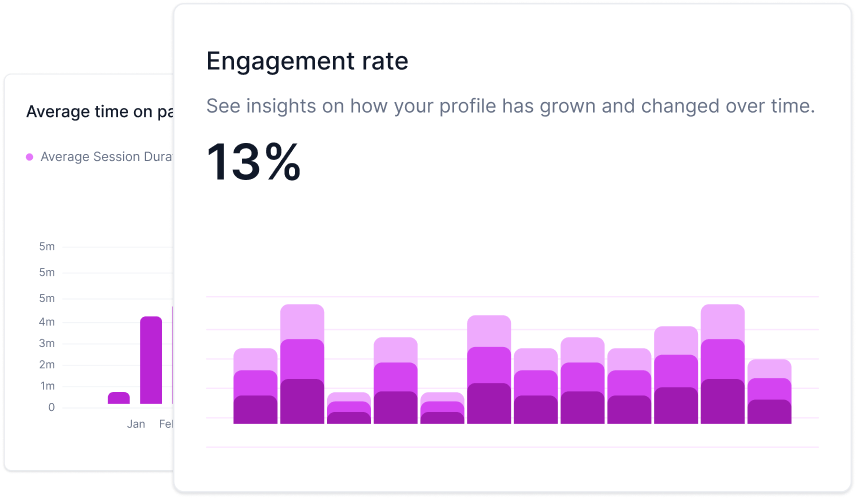What is the Ad Relevance?
Ad relevance in advertising refers to the alignment between an ad and the interests, needs, and characteristics of the target audience. An ad is considered relevant when it effectively resonates with and addresses the preferences and expectations of viewers, leading to higher engagement and conversions.
In the dynamic world of digital advertising, the concept of "ad relevance" holds the key to unlocking the full potential of your ad campaigns. Understanding what it means, how to measure it, and strategies for improvement can significantly impact your advertising success. In this article, we'll delve into the realm of ad relevance, its importance, and practical steps to master it.
Why Is Ad Relevance Crucial in Digital Advertising?
Ad relevance is a critical factor in digital advertising because it directly influences the effectiveness and outcomes of your ad campaigns. Here's why it's paramount:
- User Engagement: Relevant ads resonate with the viewer, addressing their interests and needs. When an ad aligns with the audience's preferences, it captures their attention, resulting in increased engagement.
- Click-Through Rates (CTR): The more relevant your ad is, the higher the likelihood of users clicking on it. A high CTR not only indicates that your ad resonates with the audience but also improves your ad's Quality Score in platforms like Google Ads.
- Conversion Rates: Ad relevance doesn't stop at getting clicks; it extends to conversions. When your ad matches the user's expectations, it's more likely to lead to desired actions, such as a purchase, sign-up, or download.
- Cost-Efficiency: Relevant ads perform better, leading to lower acquisition costs. In platforms that use auction-based pricing, like Facebook Ads or Google Ads, highly relevant ads can secure lower ad placement costs.
- User Experience: Irrelevant ads can be intrusive and disrupt the user experience. By delivering relevant content, you enhance the overall user experience, which is vital for long-term customer relationships.
How Can I Measure and Assess Ad Relevance?
To measure ad relevance effectively, consider these key metrics:
- Quality Score: Platforms like Google Ads use Quality Score to assess the relevance of your ads. It considers factors like click-through rate, ad copy, and landing page quality.
- Click-Through Rate (CTR): A high CTR indicates that users find your ad relevant. Compare the CTR of your ad to industry benchmarks to gauge its performance.
- Conversion Rate: The conversion rate indicates how well your ad is driving desired actions. A high conversion rate is a strong indicator of ad relevance.
- Relevance Score (on Facebook): Facebook assigns a Relevance Score to your ads, providing insights into their relevance to the target audience.
Best Practices and Strategies for Improving Ad Relevance
To boost ad relevance and enhance the performance of your ad campaigns, consider these strategies:
- Audience Segmentation: Understand your target audience and segment them based on demographics, interests, and behaviors. Tailor your ad content to each segment to make it more relevant.
- Compelling Ad Copy: Craft ad copy that speaks to the audience's pain points and desires. Use persuasive language that conveys the value your product or service offers.
- A/B Testing: Experiment with different ad variations to determine which elements resonate best with your audience. Test headlines, images, and ad formats to refine ad relevance.
- Landing Page Optimization: Ensure that the landing page users are directed to after clicking the ad aligns with the ad's promise. A seamless transition enhances the overall ad experience.
- Keyword Relevance: In search engine advertising, ensure that your chosen keywords align with your ad's content and landing page. Irrelevant keywords can harm ad relevance.
In conclusion, ad relevance is a linchpin of digital advertising success. It affects user engagement, click-through rates, conversion rates, and cost-efficiency. By understanding its importance, measuring it through key metrics, and implementing best practices, you can enhance the relevance of your ads and achieve better results in your advertising campaigns.

